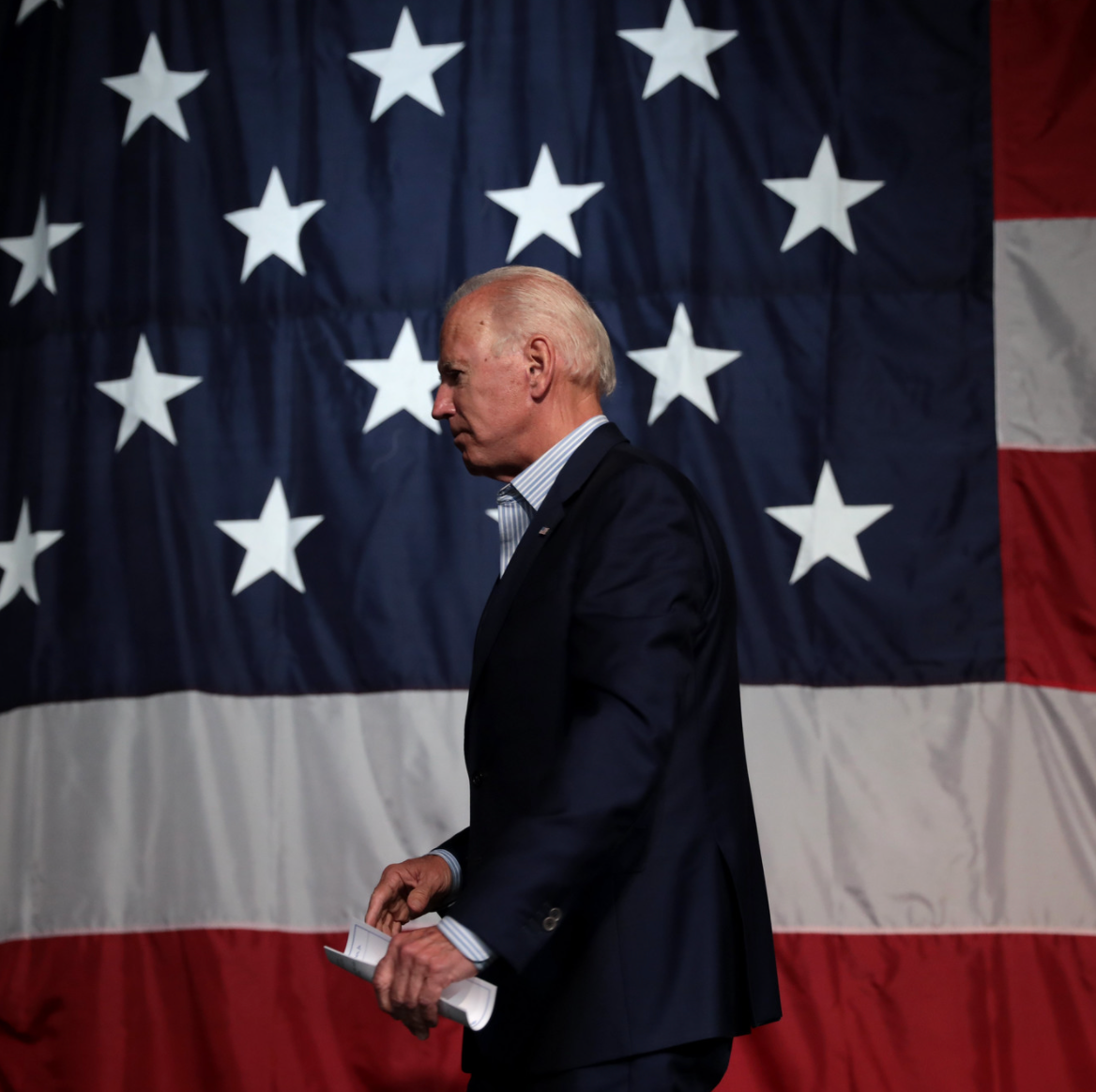The Senate may slash the nation’s core funding for transit even as many hoped it would finally get its due — unless advocates speak out.
Senate negotiators failed to meet a self-imposed Monday deadline to finish a draft of a historic (though as-yet-unnamed) bipartisan infrastructure bill, which would reauthorize the funding and regulations governing core transportation programs for the next five years and inject billions in one-time spending into key initiatives. President Biden has endorsed a rough outline of spending for each priority, the Bipartisan Infrastructure Framework, though top sustainable transportation advocates say that the framework is too vague, especially on the funding for top-line categories like "highways," which they want to restrict to maintenance and safety improvements rather than road expansion.
Worse, sources close to the Senate negotiations report that the conflict behind the delay is not about whether transit should be shortchanged, but rather by how much — and the House, which has been pushing for more funding for mass transit, has been all but shut out of the talks.
Any transportation bill must first get the policy right and then make investments in items such as public transit that help the working class and Black and Latino communities and address the climate crisis. The Senate BIF does not seem to meet that test. https://t.co/3tLMNtGTeS
— Congressman Chuy García (@RepChuyGarcia) July 21, 2021
In a meeting with reporters Monday, Sen. Jon Tester (D-Mont.) disclosed that Republicans hope to reduce the percentage of gas tax dollars granted to the Mass Transit Account through the Highway Trust Fund from 20 percent to a smaller number — a move that would starve agencies that are already facing a $105 billion maintenance backlog and pandemic-lashed ridership.
The infamous “80/20 split” has barely kept transit agencies afloat since it was instituted in the Reagan era — about half a decade before NASA scientist James Hansen made “global warming” a household phrase — especially because transit only really gets between 13 and 17 percent of HTF revenues, when you factor in all the other taxes that contribute to the fund.
Sustainable transportation advocates have pushed for years to give public transportation a bigger piece of the HTF pie and were hoping the reauthorization might be their moment. But while Senate Democrats are fighting to stop the GOP's clawbacks, advocates say they seem disinterested in demanding more than the 20 percent transit gets now — which their House colleagues say doesn't suffice during a national reckoning with climate change and structural racism in transportation.
“Spending a disproportionate amount of our transportation and infrastructure dollars on highways and roads doesn’t make any sense in the 21st century – a century that’s been plagued by the wildly worsening effects of climate change and a global pandemic,” said Rep. Hank Johnson (D-Ga.), a lead signatory on a fiery open letter to Biden and top congressional leaders. “Investing in transit – trains, rapid buses and light rail – is an opportunity to reimagine how we move in the world. Let’s cut our reliance on polluting fossil fuels so our environment can recover. Let’s prioritize racial equity by investing in workers – essential workers – who have been on the front lines of the pandemic.”
House Dems: Calling for a pathway to equal transit and highway funding
— Sam Mintz (@samjmintz) July 27, 2021
Senate Dems: Fighting to ensure an 80/20 split in bipartisan deal https://t.co/58fi2U2yS7
Johnson charted a bolder path forward this month when he helped pass the Houses' answer to reauthorization, the INVEST in America Act. The bill would end the 80/20 split and boost funding for transit by more than 60 percent, allowing agencies to use some funds to offset operations rather than just construction, while also restricting states from expanding highway networks when they lack plans to address maintenance backlogs, among other key reforms that have drawn praise from advocates.
So far, the Senate has ignored the legislation in favor of its own highway spending reauthorization bill, the Surface Transportation Reauthorization Act of 2021, which advocates say largely maintains our car-focused status quo.
Worse, sources say that bill's priorities are guiding lawmakers as they flesh out Biden's infrastructure stimulus spending, too, which could transform a promised generational investment in transit into a bonanza for cars.
"From what we’ve heard, the Senate is using the STRA as the policy basis for how to allocate funding in the [Bipartisan Infrastructure Framework], and that's deeply concerning," said Sindhu Bharadwaj, program manager of policy at the National Association of City Transportation Officials. "This bill would essentially continue the transportation policies that have been in place for the last decades, and we know those policies have failed. They make our transportation systems unsafe, they make transportation deeply unsustainable, and they're still pouring billions into the kind of dividing infrastructure that destroyed communities of color....We can’t accept any deal that doesn’t address safety, equity and climate head-on."
Bharadwaj hopes that advocate pressure on 22 key senators could spur a comeback for the INVEST in America Act and even expand its vision. (Transportation for America has compiled contact information for those lawmakers and a call script here.) But even if that doesn't happen, it's critical for advocates to demand more for transit in whatever bill makes it across the finish line.
"It’s really pretty basic: We need all stakeholders to get the word out to our senators, because that’s where the action is right now, that we need the highest level of funding for public transit," said Paul Skoutelas, president and chief executive officer of the American Public Transportation Association. "There's a lot of moving parts right now, but however we move those pieces around, we need the outcome to be the same. It's time to put public transit on a path to be able to modernize and to grow. There isn't any other choice."






